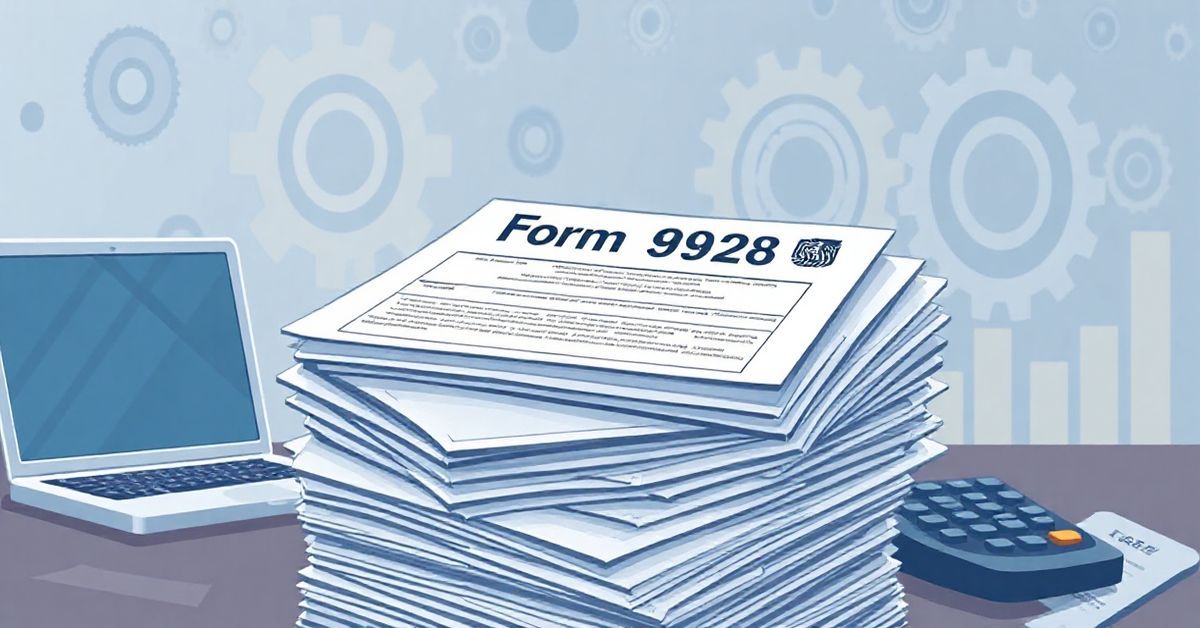Form 8928 – Return of Excise Taxes Under Chapter 43 of the Internal Revenue Code
What is Form 8928 - Return of Excise Taxes Under Chapter 43 of the Internal Revenue Code?
Form 8928, “Return of Excise Taxes Under Chapter 43 of the Internal Revenue Code,” is an IRS form used to report and pay excise taxes on violations related to certain retirement plans (like 401(k)s and IRAs) and tax-exempt organizations. These taxes apply when plans or organizations fail to meet specific IRS requirements.

